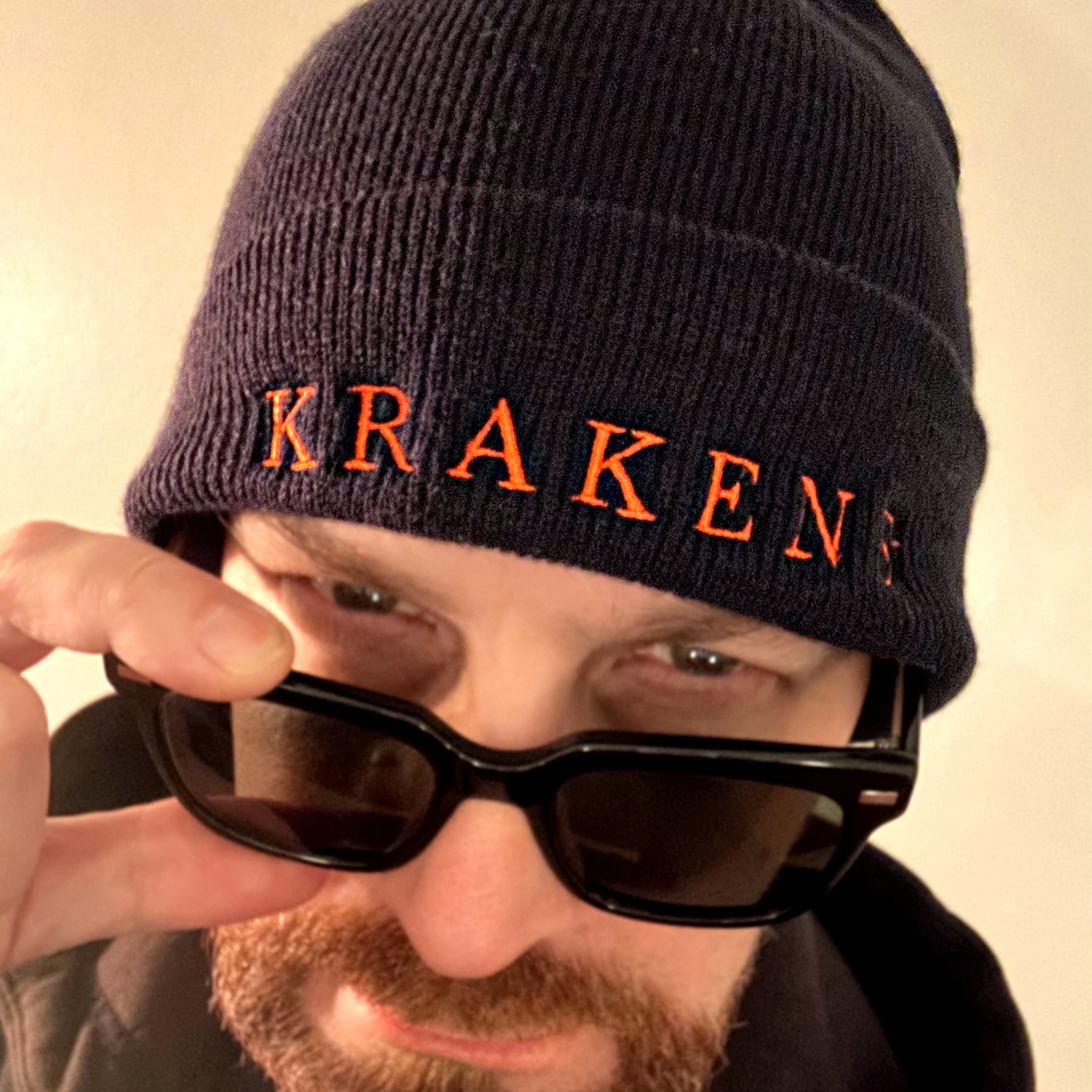Eleven years after the release of my horror novel ANCESTOR, we see the
driving catalyst of its plot coming true:
Pigs have been the most recent research focus to address the organ shortage, but among the hurdles: A sugar in pig cells, foreign to the human body, causes immediate organ rejection. The kidney for this experiment came from a gene-edited animal, engineered to eliminate that sugar and avoid an immune system attack.
If you've read ANCESTOR, the NPR article linked above is like reading Dante Paglione's pitch to investors” it ticks all the same boxes. There's gold in them thar hills, if "hills" means pigs, and "gold" means you staying alive when your organs go kaput. Paglione runs Genada, the biotech firm at the heart of the story:
"Genada estimates the average fee for a replacement organ will be around fifty thousand dollars. That means an annual market of over thirty-seven billion. And that is the current market. With improving living conditions and medical care in India, China, and elsewhere in the developing world, we expect the number of people needing an organ transplant to double in the next ten years. Do I have your attention thus far?"
Organ harvesting from herd animals (pigs, in particular) could solve the ongoing problem of transplant organ shortages. The process is called
xenotransplantation: putting animal parts into people. Roughly 8,000 people die each year while waiting for a replacement organ*, but this is a largely zero-sum game” if you got a bum ticker, the only way you survive is if some kind human dies and you get theirs. When xenotransplantation is perfected, that zero-sum issue goes away, and many of those 8,000 peeps a year will survive. The big problem is our immune systems attacks that which is not us, including transplanted organs. Even human organ transplants can suffer from rejection. The irony is your own immune system attacks an organ that will keep you (and your stupid immune system) alive. You dead, sucka, With xenotransplants, the rejection rate is 100% for full organs (some organ
parts, like the heart valves of pigs, can stay in a person without that high rate of rejection). If animals can be genetically modified to remove that which causes rejection (or add genetic information that will make a human recipient see the organ as "self"), then you have a potentially endless supply of replacement parts. We aren't there yet” this particular transplant only lasted a few days, and was for study purposes. The recipient had no chance of survival, even before the procedure. But this initial proof of concept is a huge step forward.
Of course, ANCESTOR is a "science gone horribly wrong" horror story. I won't get into spoilers, but a lethal zoonosis spoils the supper, and later on there is a quite a bit of biting involved. I started working on ANCESTOR in 1998, possibly a bit before. After several edits, I tried to get it published. When that didn't go, I released it as a free, serialized podcast in 2005. While I was podcasting it, I released it as an indie trade paperback. Because of the podcast's reach and success, the trade paperback hit #1 on Amazon's Horror bestseller list, #1 on the SciFi bestseller list, and was the #2 fiction novel in the world, second fiddle only to HARRY POTTER AND THE HALF-BLOOD PRINCE. This was before eBooks, mind you (yes, I am that old), so ANCESTOR was a full-price print book up against all the other full-price print books in the world. The success of the indie ANCESTOR led to my deal with Crown Publishing, and, thankfully, I've been a full-time writer ever since. After two decades, it's pretty awesome to see some of the science from that novel clawing its way into the real world.
*Dante's numbers vary from the current 8k annual deaths, both because of improvements in organ transplant efficiency since the book was written, and also because he's a bit of a shitheel liar.



